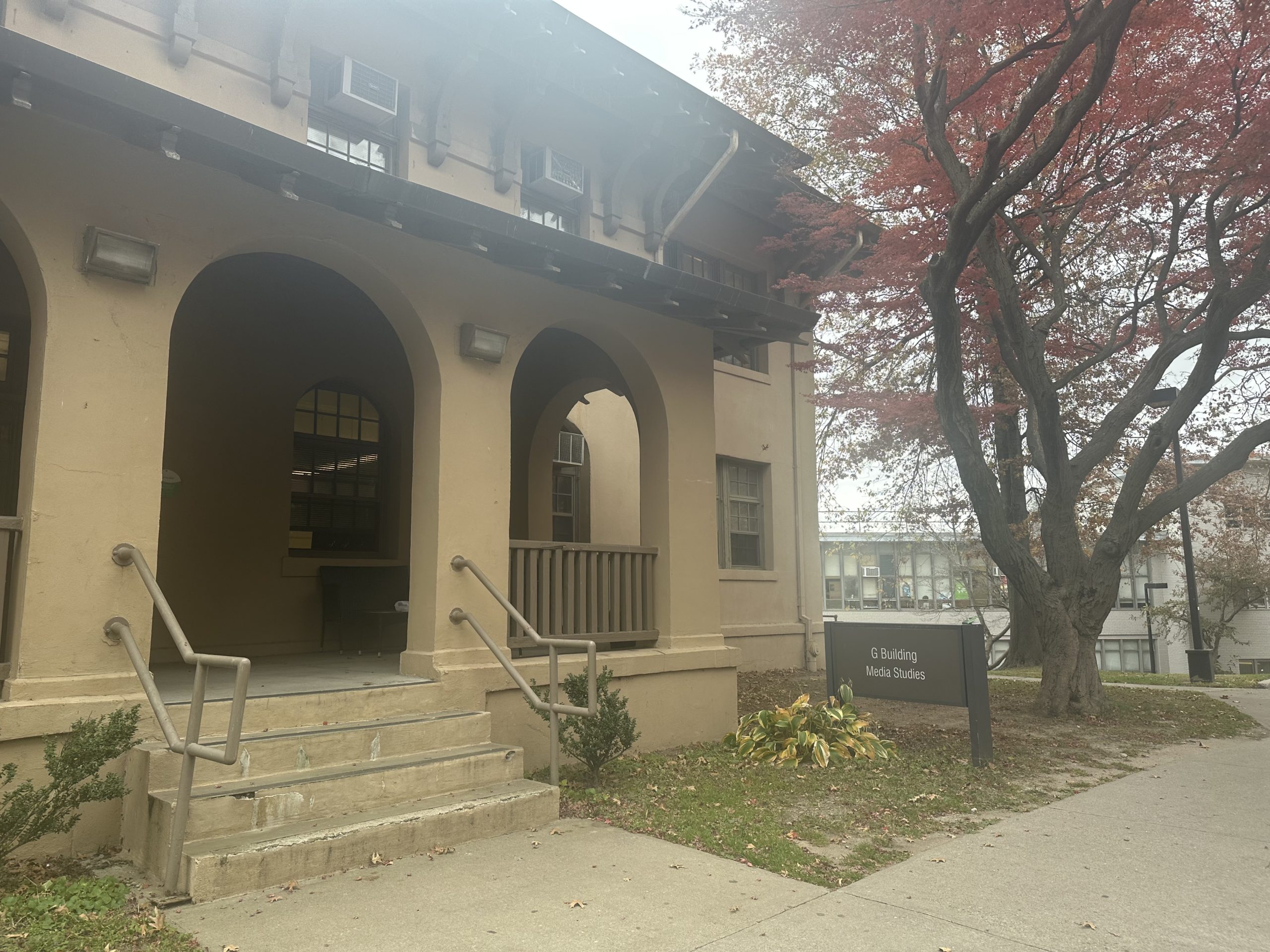After a three-year hiatus in which no formal journalism curriculum existed at Queens College, the Media Studies Department has announced a revived journalism minor with new courses premiering in the Spring of 2024.
The curriculum for the minor is still in development and will include classes from a variety of departments, including English, sociology, and media studies, drawing on principles of community engagement and emphasizing digital media literacy based on current trends in the journalism market. While some of the minor’s requirements remain to be determined, there are already two journalism classes being offered in Spring 2024: Introduction to News Reporting (JOURN 101W) and Specialized Reporting (JOURN 310).
Though the previous journalism minor was never formally canceled, it was gradually phased out beginning in 2018, when the director of the minor was asked to find a department to house and sponsor the program, which operated independently at the time.
Media Studies Professor and Department Chair Amy Herzog stated, “While some faculty, including myself, sought to house the program in Media Studies, we did not win the votes needed at that time.”
She also reported that Urban Studies offered to house the minor, but the existing director lost his position within the department; as a result, no journalism classes were offered in Spring 2019.
Communications Professor and longtime The Knight News advisor Sheryl McCarthy served as acting director of the program at the end of the Spring 2019 semester, but her retirement in Fall 2020 put any journalism course offerings on pause “for the foreseeable future,” according to the Academic Senate minutes on Sept. 10, 2020. Consequently, many students who had started the minor were unable to finish it.
Unofficially, however, there was another reason that professors speculated led to the original minor’s downfall — a concern about whether journalism was a lucrative field on the part of the administration.
Nevertheless, referencing the Donald Trump presidency at the time, Professor Herzog said, “Politically and socially, we desperately needed to be training reporters to be dealing with the fake news, the inconsistent reporting on what was happening, as well as training reporters from the Queens College community to be offering their perspective on what was happening in the world, a perspective that was missing from a lot of the mainstream news.”
The revived minor aims to resolve this tension with a new emphasis on digital media, content creation, podcasting, and documentary — subsets of journalism that have grown significantly in popularity in the past decade and that include “areas where Queens College already has a lot of strength in terms of differentiating our program from other existing programs at CUNY,” according to Professor Herzog.
Another way in which the revived Journalism Minor offers increased applicability to the world outside of college is through its emphasis on writers’ engagement with important issues in their communities, a key focus of both Journalism classes debuting in Spring 2024.
Professor Terry Parris Jr., who is an editor at The New York Times and has taught in the Engagement Journalism program at the Craig Newmark Graduate School of Journalism at CUNY, is set to teach Introduction to News Reporting in Spring 2024. Parris Jr. hopes to structure the class with a community-centered approach.
He explained, “We’re trying to create an education experience that thinks about journalism, both on how to report and write and talk to people and investigate. But also, how do you tell stories that are centered in the community, where it’s reflective of the community in response and responsive to their needs?”
He wants to bring in some of his own current Times projects for students to work on, centered around issues of homelessness, evictions, public housing, and gentrification, which affect every community in New York City in some way.
Professor Parris Jr. also plans to bring in assignments around investigative techniques including how to file Freedom of Information Act requests and to train students to navigate useful databases. For the most part, however, he hopes that the class’ assignments come from the “own curiosities of the students,.”
Professor Shia Levitt will be teaching the Special Reporting class that has an emphasis on “solutions journalism” — which seeks to cover responses to wide-facing social problems — and a novel approach to journalism.
It utilizes a method called “complicating the narratives” which prioritizes covering issues with nuance and not inducing polarized responses. The class will be a partial participant in News Ambassadors, a national solutions journalism program which seeks to ensure meaningful and practical radio stories for local communities.
“We’re partnering with a bunch of radio stations and a bunch of journalism programs across the country in a variety of dissimilar locations. And we’re going to connect students to one another to their counterparts in a different place to have them sort of collaborate as they’ve worked together covering local stories from a solutions or complicating the narrative framework,” Professor Levitt said.
In addition to journalism classes offered at in years QC, Professor Herzog reported a partnership with the Craig Newmark Graduate School of Journalism at CUNY that is in the works. She explained that the program would be a 4+1 partnership in which QC students could take up to 12 graduate credits at the School of Journalism in their junior and senior years of college, and then finish their graduate work the year following their graduation from QC.












[…] READ MORE […]